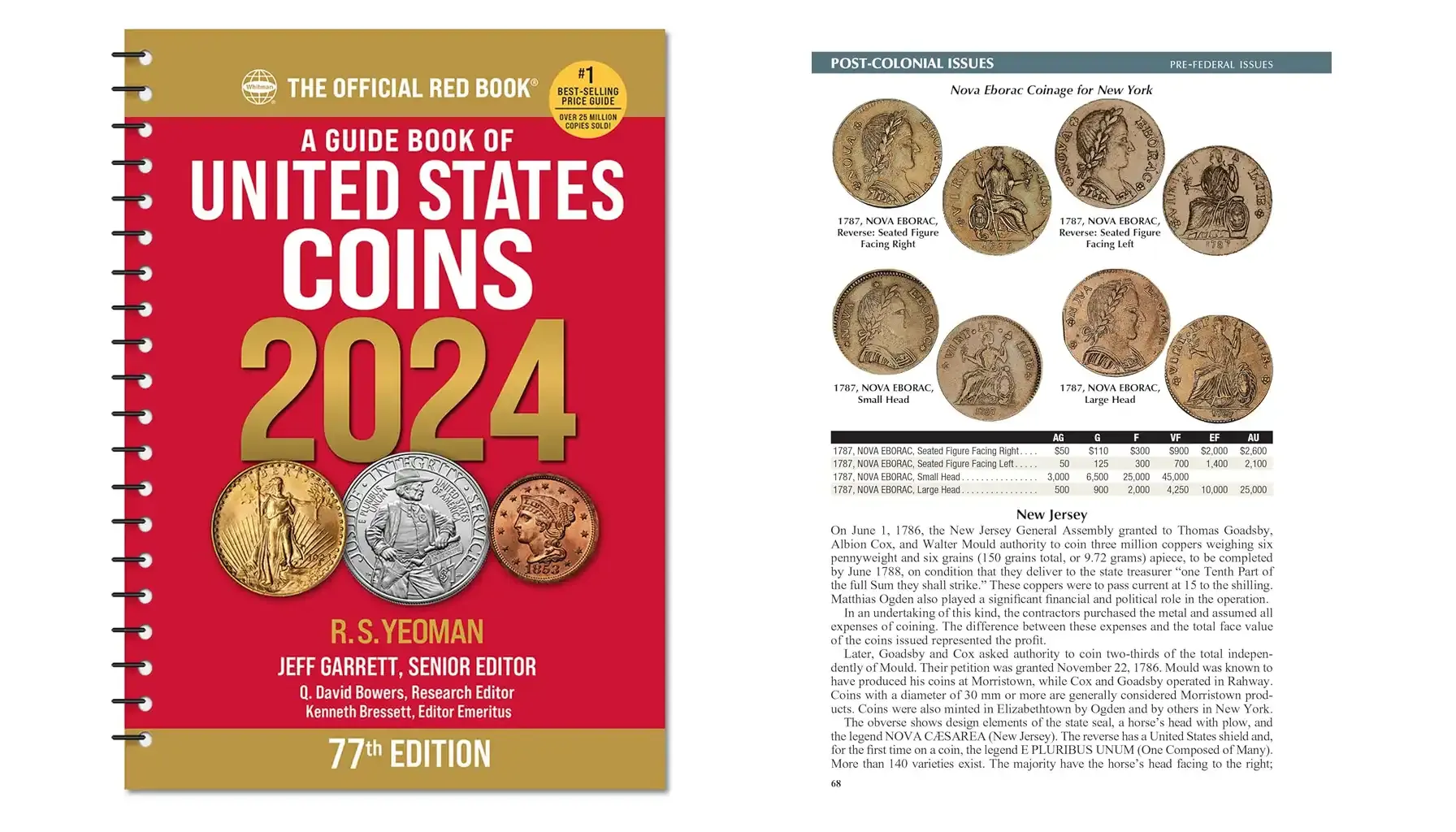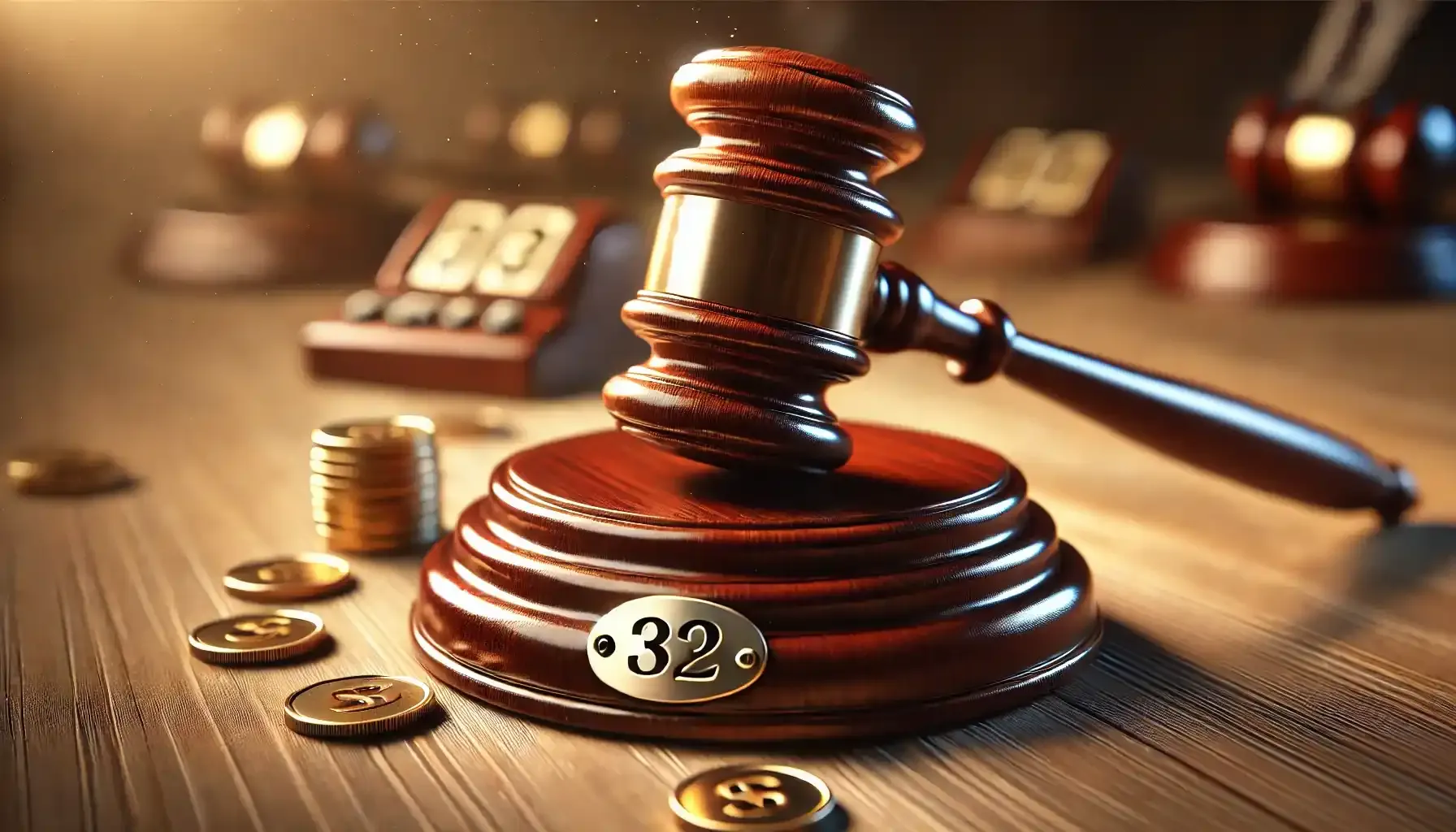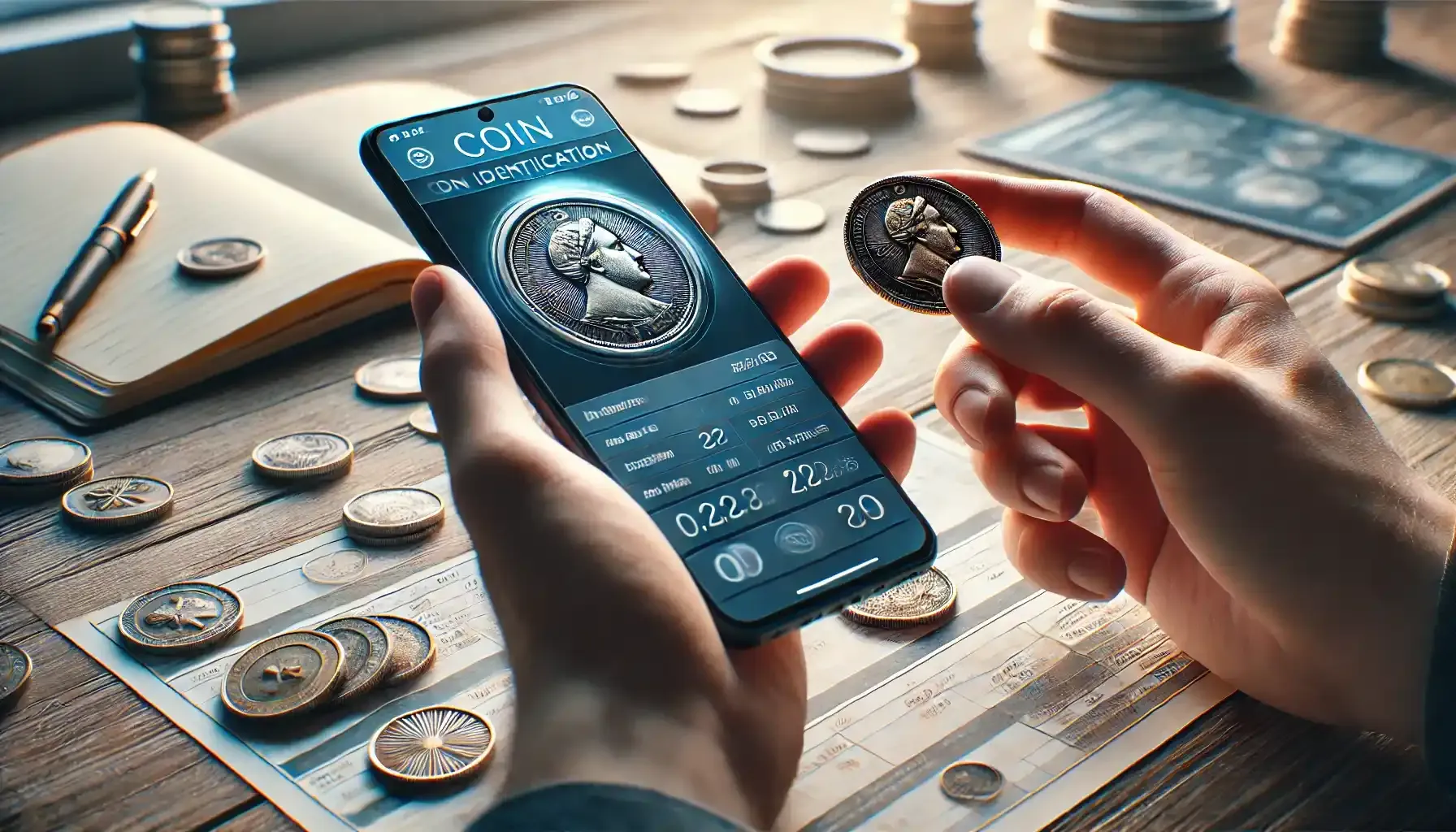Contents:
Coin collecting is a great hobby/career to follow. However, like any other professional endeavor, it requires a sufficient level of preparation, knowledge, and commitment, too. One of the easiest and most comfortable ways to get into numismatics is to employ digital tools that are continuously available for assistance whenever it might be needed.
The industry of technologies consistently adapts to the needs of its potential users and, hence, offers numerous opportunities that usually include domestic and foreign coin identification, pricing analysis, evaluation, and even more. So, what are the major applications found in the market, and how to study your coins appropriately?
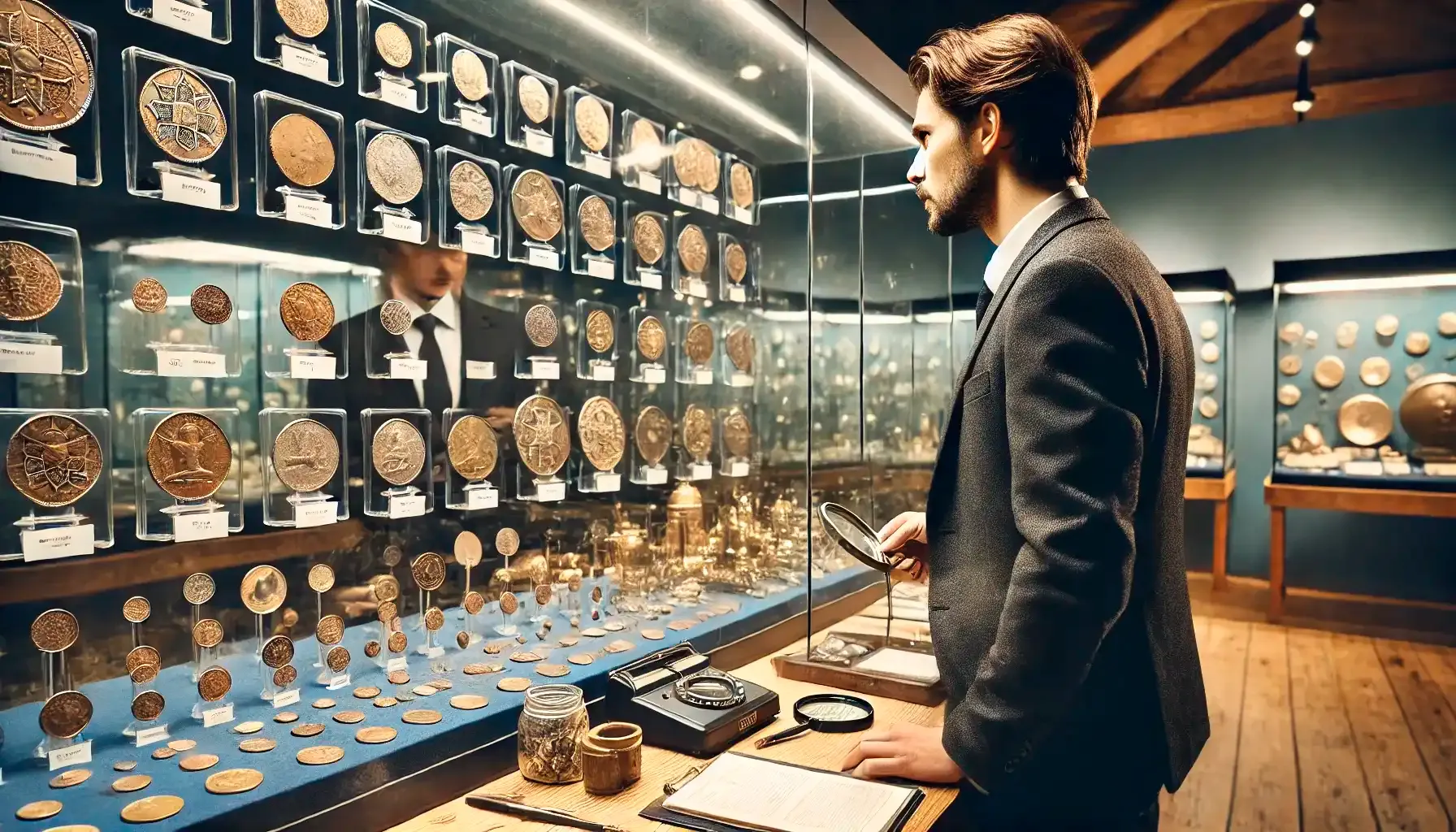
What Do We Mean by Coin Analyzer Apps?
Let us first define what coin analyzers are. As such, these usually refer to coin testers or simple coin ID software designed specifically to help numismatists, collectors, and enthusiasts find, assess, and manage their coin collections with ease.
In general, these programs aim to give users comprehensive information about coins, including their year of minting, origins, metal composition, historical significance, possible defects, errors, and market value with the use of innovative technologies like image recognition, database connections, and grading algorithms.
As a result, one may get through the processes of coin identification, pre-grading evaluation, authenticity assessment, and market trend explorations more efficiently than ever.
Types of Coin Analyzers
Indeed, digital coin-analyzing instruments can be abstractly divided into several groups, each dealing with a specific side of the coin-collecting process. And while some offer more sophisticated functions for grading or valuation, others concentrate on identification only. So, what are these types of applications?
Coin Identification Apps
Coin identification apps represent probably the largest group of such systems with the use of which users may quickly recognize coins and their traits. In general, this type of software compares the coin's characteristics, including inscriptions, designs, and mint markings, with an extensive database via advanced image recognition technology. Besides, some may even offer basic market value analysis, mint locations, and historical facts, too.
Coin-Grading Apps
Another group of coin-centric apps, i.e., online coin-grading services, assists collectors in determining a coin's grade or condition with the use of industry-standard grading criteria, such as those employed by the American Numismatic Association (ANA), PCGS, or NGC. These applications include algorithms or illustrations that assess the coin's overall condition, wear, and flaws.
Coin Value and Precious Coin Tester apps
As promised by their developers, precious coin tester apps specialize in giving users up-to-date coin price information based on factors that include condition, rarity, and past sales data regarding any chosen item they wish to study. Since they can provide valuable details on current market trends and patterns, they are especially helpful for anybody wishing to purchase, sell, or exchange coins on the spot.
Coin Collection Management Apps
Management tools always facilitate coin collection monitoring and organization for those who are no longer capable of handling it alone. Each coin's purchase details, acquisition date, certificates, and any notes on its significance or condition can be recorded by users via special coin-collecting logs that cannot be lost or stolen overnight.
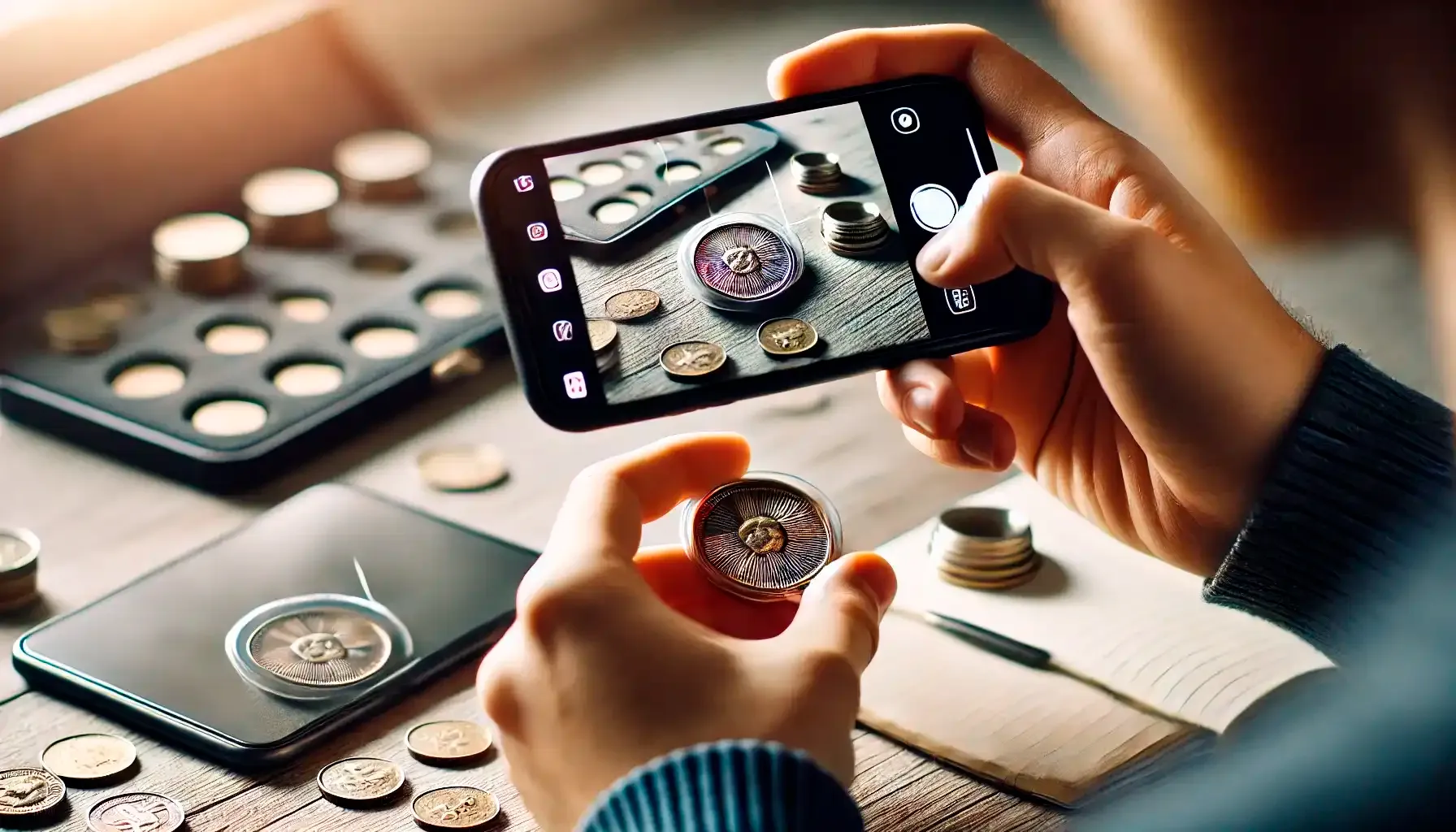
Some apps, though, may combine the above-mentioned features and create universal tools for the peace of mind of collectors and anyone involved, too. You can also try nontechnical ways to find out more about coins, e.g., the Red or the Blue Book of coins.
Popular Coin Analyzers on the Market
In recent years, the numismatic landscape was finally shaped by different valuable applications and tools that have proven their exclusivity, necessity, and a high level of expertise in the sphere. For one to enhance their experience in coin collecting, we recommend that they consider the following apps to incorporate into their numismatic routine from now on.
NGC Coin Details
Another major player has also released its own app that may efficiently provide coin identification and online grading capabilities. What are coin enthusiasts entitled to do? This usually comes down to scanning barcodes or entering precise information with the aim of searching coins from verified NGC-graded resources.
NumisBase
There exists an application with the use of which collectors can digitally catalog their collections and organize great volumes with the support of image recognition, pricing guidelines, and an easy-to-use interface for recording coin data.
Coin ID Scanner
Coin ID Scanner is an all-embracing tool that uses picture recognition to help collectors easily identify coins, as well as explore numismatics with professionals by your side. To find out a coin's origin, year, metal composition, and current market worth, users need to snap a picture of it via the app for it to compare images to a vast database. Besides, Coin ID Scanner offers defect detection and a comprehensible coin encyclopedia for those who strive to excel every day. For example, now you can easily find out something new about the Presidential $1 Coin Program.
PCGS Photograde
This program is considered one of the most reliable tools for coin grading and was created by the Professional Coin Grading Service (PCGS). What users can do is compare coins and obtain a precise assessment of their condition by using the PCGS Photograde app.
How to Analyze Coins Properly? A Few Tips
Examine the Details
Verify the design elements, inscriptions, and other characteristics. These features may potentially aid in determining the coin's rarity and place of origin in advance.
Check for Wear and Condition
Examine the coin's high point wear and surface imperfections to determine its grade. Get a closer look by using a magnifying glass if you need more details.
Properly Store Coins
To avoid damage and preserve the coin's condition for precise future evaluations, use protective holders or containers (usually sold by certification companies or professional coin collectors, too).
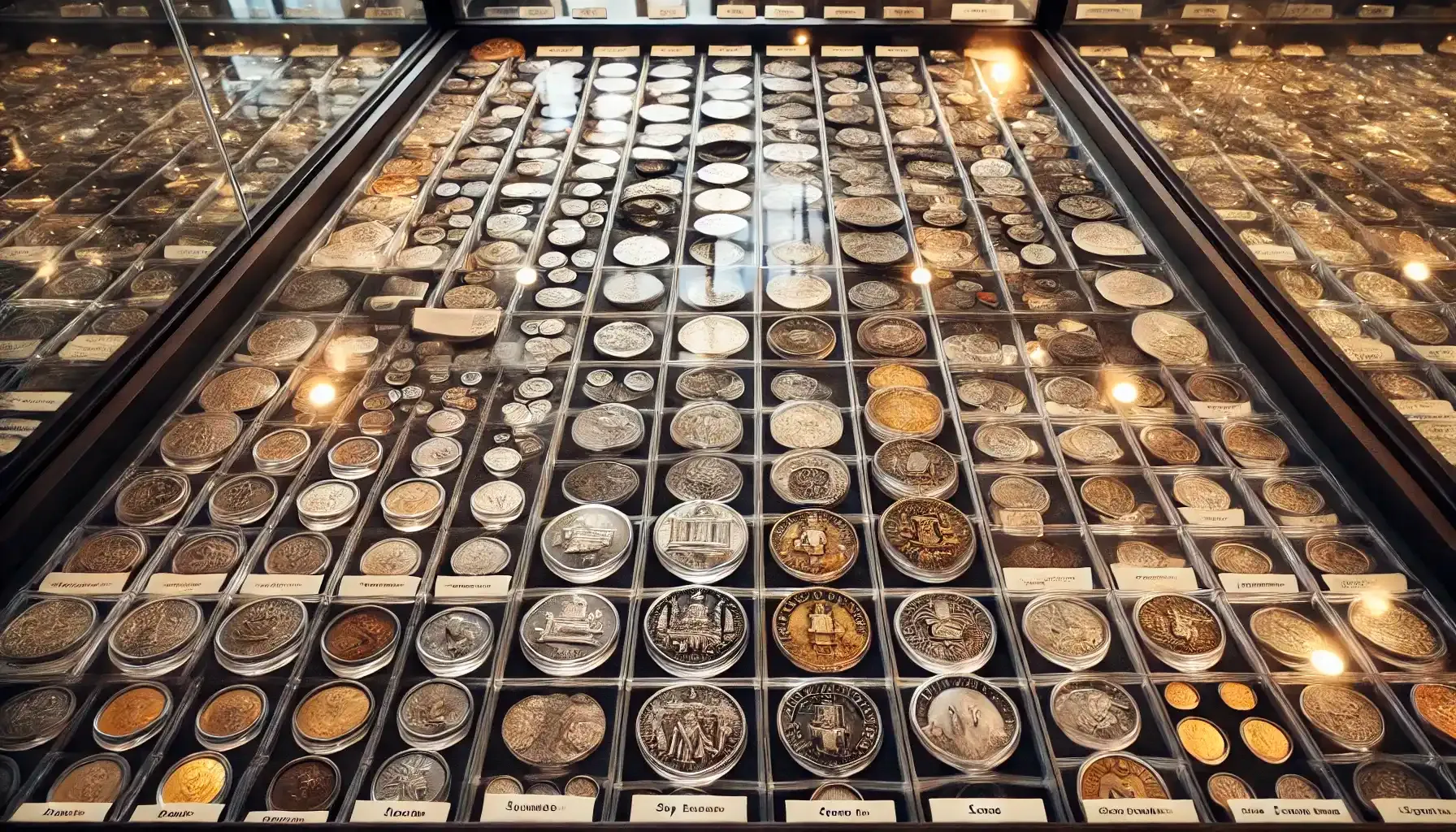
Reflect on your experiences, learn from them, and let them guide your next steps.

